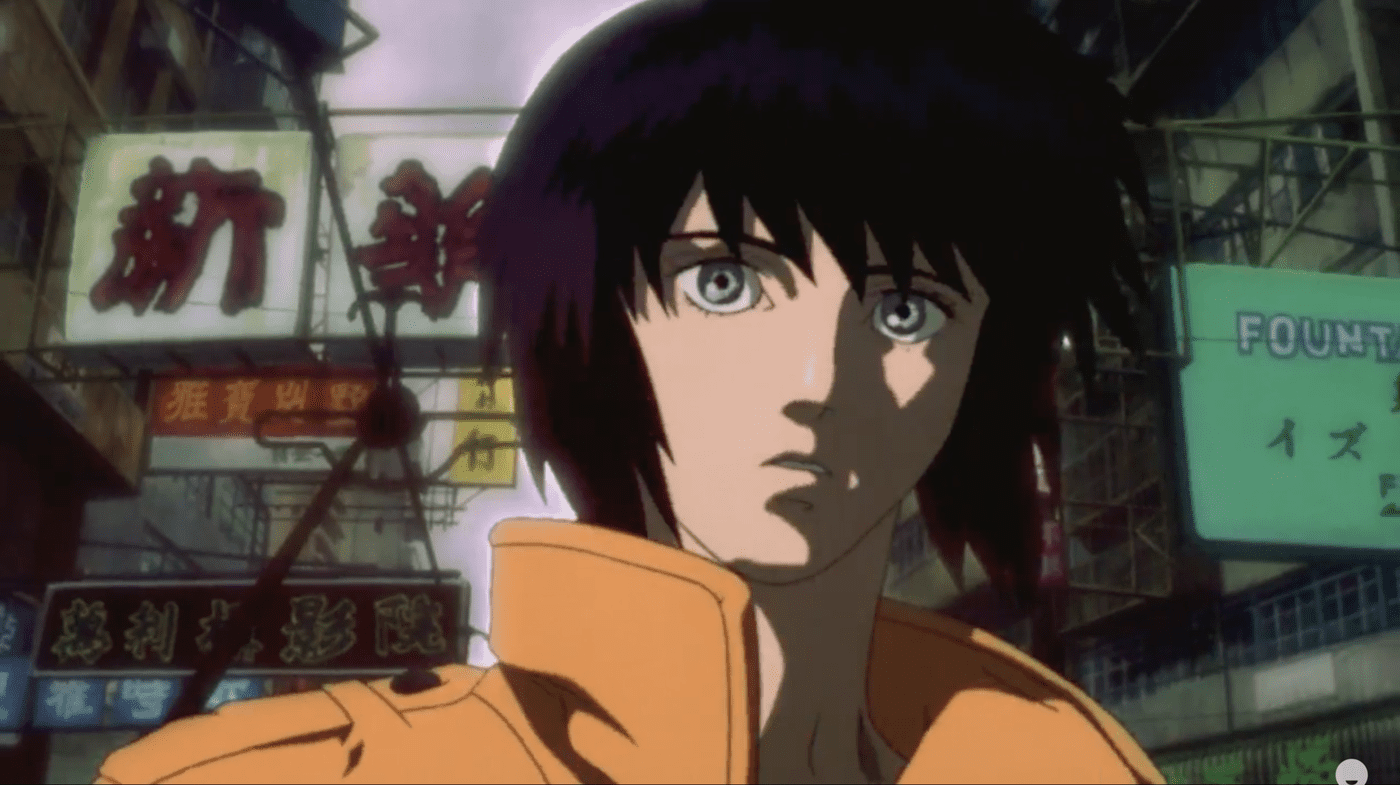Becoming Something Else | The Ghost In The Shell Review
It was absurd ever to think that Hollywood could adapt The Ghost in the Shell. The 1995 science fiction anime is one of the greatest anime films of all time. One of the most defining characteristics of the film is its meditative pace. And meditative is not a word that comes to mind when looking at the landscape of Hollywood today.
Any space there was between blockbuster popcorn films and independent cinema has been overrun. Paramount couldn't even be trusted to cast a racially accurate protagonist. An enterprise which considers diversity a "risk" was never going to deliver a thoughtful exploration of identity.
The Question of Origin
At its core, the anime asks some interesting questions about self. Our protagonist, The Major, lives in a future populated by humans equipped with cybernetic enhancements. Furthermore, she is a resident of a sprawling megalopolis where anyone can feel lost. Every aspect of the film begs the question "Who am I?".
The answer to that question is the titular "ghost." A human's ghost is their consciousness which can jump from shell to shell. When ghost-hacked individuals begin to perpetrate a series of crimes, the police officers at the heart of the film start hunting The Puppet Master.
Throughout that hunt, the issue of identity hides around every turn. The Puppet Master's victims are implanted with false memories that make them question their entire identity. This, in turn, causes The Major to question her own life. She can't be sure that her own identity is valid.

The film culminates when The Major meets The Puppet Master. It turns out that The Puppet Master is an advanced artificial intelligence program synthesized in a lab. The Puppet Master feels as limited by its lack of identity as The Major does by her uncertain one. The two merge into one new entity.
Everything about the anime forces the audience to grapple with the meaning of identity. Every moment of its 82-minute runtime is packed with complex ideas. Unfortunately, the complexity of the anime has no place in modern Hollywood.
Only Free To Expand Within Boundaries
In place of the anime's contemplative tenner, the live-action film has copped some of its most recognizable imagery. We're treated to shots of The Major (Scarlett Johansson) falling from the rooftop or fighting in ankle deep water.

But even the movie's shallow attempts at homage are disappointing. The plot of the film is an amalgam of 1995 story and the Ghost in the Shell television series Stand Alone Complex. Where The Major and The Puppet Master were able to morph into one superior being, the plots fizzle when mixed.
Which is disappointing. The story of Hideo Kuze (Michael Pitt) is fascinating and exciting. He's a revolutionary who wants to take Japanese refugees into cyberspace as a part of a socialist revolution. There was plenty of interesting material from which Paramount could cobble an exciting movie.
Unfortunately, there is no evidence that Paramount wanted The Ghost in the Shell to be anything more than a cash grab. The imagery grabbed from the anime is enough to populate the trailers and account for the choice of title. Meanwhile, the new plot stands in as an excuse for casting a white actress in the lead role.
Ultimately, the live action version of The Ghost in the Shell is neither toxic or exciting. Much like its color-pallet, the film is generic and bland. Anyone interested in the philosophy of the movie should stick with the anime. The only question the live-action version will elicit is "Why am I watching this?".

